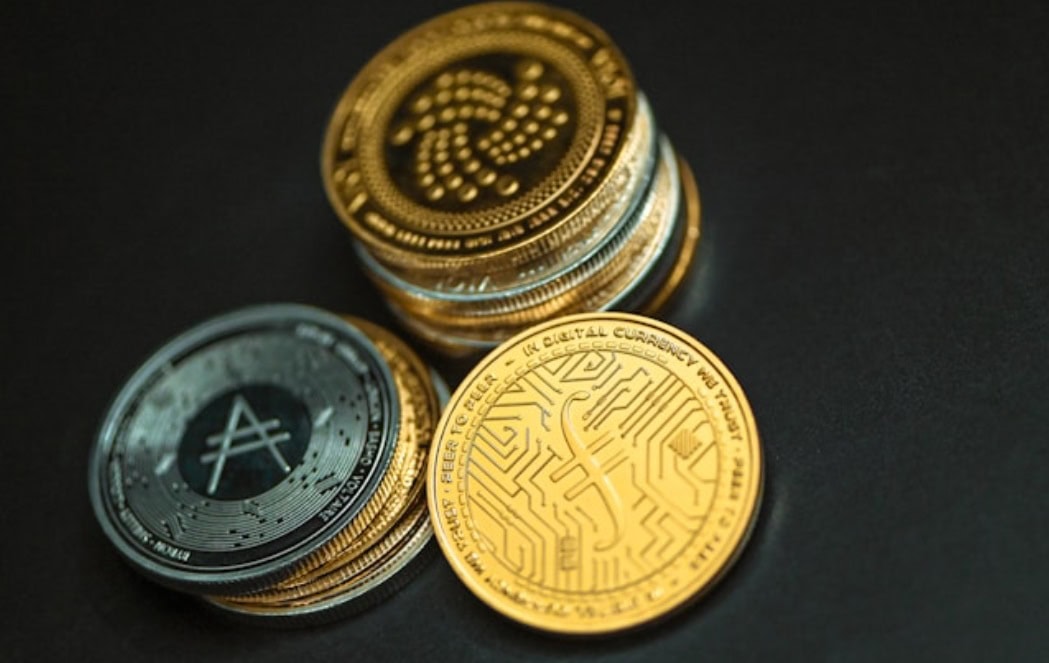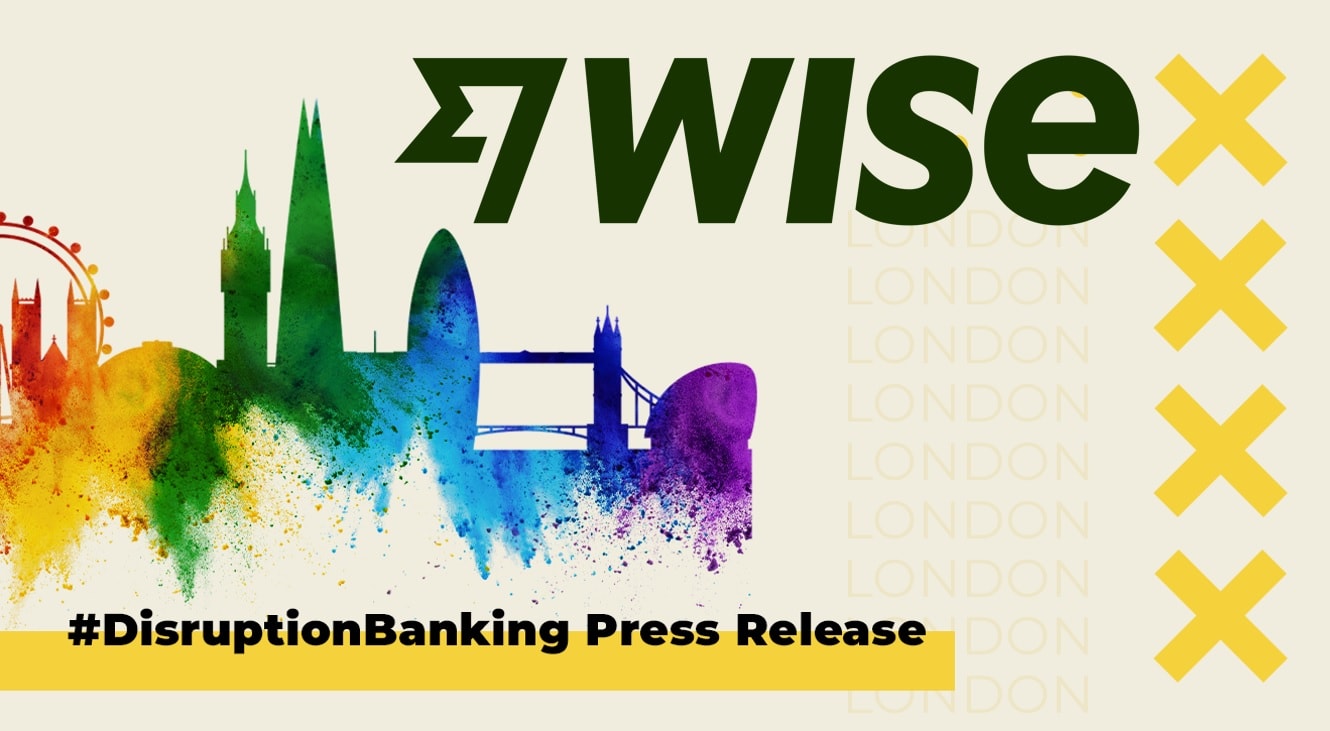South Korea’s ambitions to position itself as a global hub for cryptocurrency and digital assets trading were given a further boost this week. It was revealed that last month the Korean won (KRW) overtook the US dollar as the largest fiat trading pair against Bitcoin, with Korean crypto traders helping drive the market rally that has seen the world’s largest cryptocurrency surpass the $40,000 level once again.
Seoul has long expressed hopes that the East Asian country could emerge as a continental and global centre for quant-based crypto trading. Howook Lee, a Quant Trader at Alpha273, international South told Disruption Banking that Korean trading houses and brokerages could be set to benefit from the institutional shift to digital assets even though its traditional finance industry is not as large as Hong Kong and Singapore.
“The quant market in South Korea is obviously relatively smaller, compared to other Asian markets like Singapore or Hong Kong, but when it comes to the new areas of decentralised finance – South Korea clearly has an edge in crypto markets,” he said.
The government in #Seoul is taking steps to encourage greater levels of foreign participation in its financial markets. Could this spawn a wider ecosystem of #quant traders seeking to take advantage of the new opportunities available?https://t.co/KE4IP74p1I
— #DisruptionBanking (@DisruptionBank) October 13, 2023
While the crypto market in Seoul was rattled by the collapse of Terra – which was established by Korean national Do Kwon, who is now facing years in prison for fraud after being caught on the run in Montenegro – that has not stopped regulators and public institutions taking a relatively accommodative stance towards digital assets.
The current president, Yoon Suk-yeol, was elected on an explicitly pro-crypto platform while, last month, Disruption Banking reported that the South Korean pension fund, the National Pension Service (NPS), bought almost $20 million worth of Coinbase shares in the third quarter of this year. Digital assets also appear to be growing in popularity amongst retail users: the South Korean tax agency reported, for example, that crypto makes up 70% of South Koreans’ overseas assets.
These welcoming overtures contrast dramatically to the regulatory pushback many of the world’s largest crypto companies are facing in the United States, with the Securities and Exchange Commission (SEC) and Commodity Futures Trading Commission (CFTC) initiating lawsuits against Binance, Coinbase, Ripple, and others.
Latest for @DisruptionBank from Seoul on Korea’s National Pension Service controversial move to invest in Coinbase shares:https://t.co/ia3F3bNC4d
— Harry Clynch (@clynchharry) November 23, 2023
These trends are likely to be partly responsible for the much greater levels of activity that are taking place on KRW/BTC markets. In November, the won was exchanged for Bitcoin in 42.8% of transactions, with the dollar’s share falling to around 40% of activity. The market share of South Korean-based exchanges, such as Upbit, is also on the rise. These shifts are seen by many as indicative of South Korea’s emerging importance on digital asset markets, and indeed perhaps financial markets more generally.
This heightened demand on Korean Bitcoin markets has seen the cryptocurrency trade at a premium of up to $1500. It certainly seems that Seoul could be well positioned to benefit from the sustained activity its domestic traders, both institutional and retail, are conducting on crypto markets. The government has pledged to “realise the unlimited potential of the virtual asset market,” and with Korean traders becoming increasingly dominant on BTC and other crypto markets, they have every motivation to do so.
Author: Harry Clynch
#Bitcoin #BTC #Crypto #SouthKorea #Seoul















